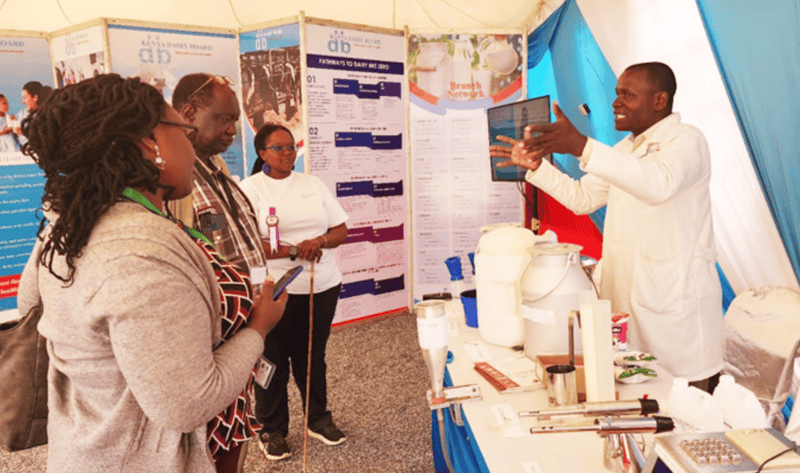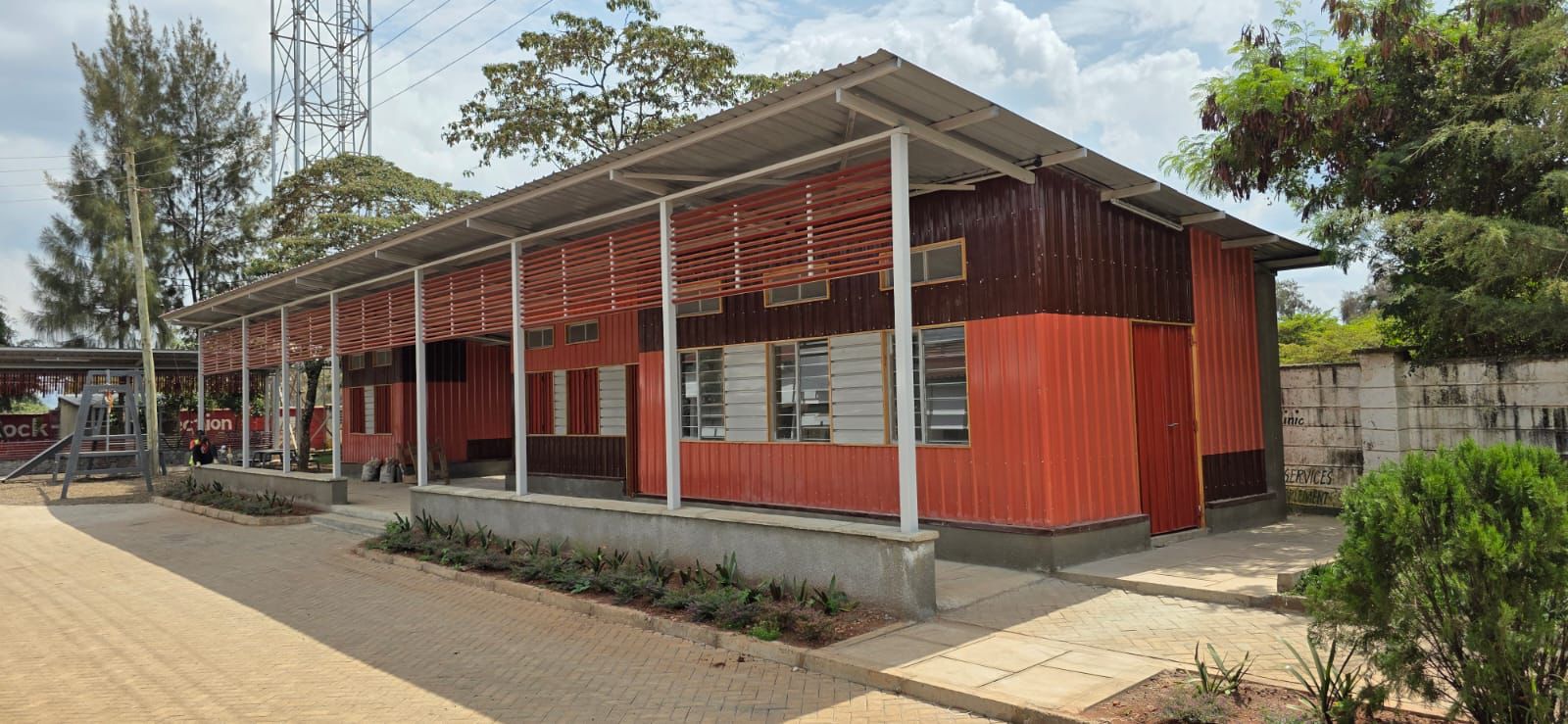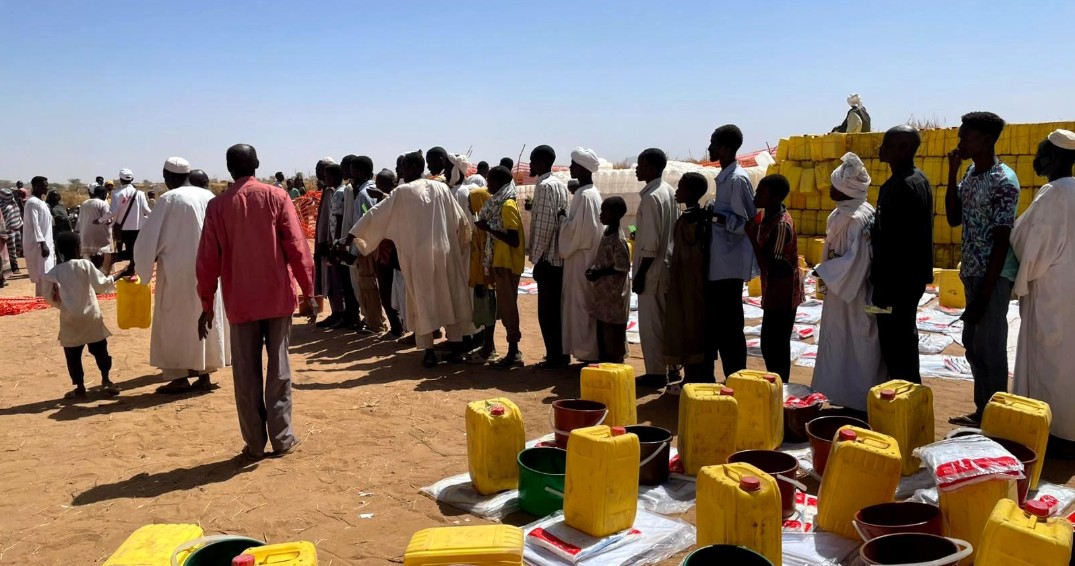Farmers boost milk output by 13 per cent with prices relatively stable

Local milk production continues to fall short of national demand, with Kenya still relying on milk imports from neighbouring countries.
The quantity of milk purchased by processors from dairy farmers in Kenya has increased by 13.1 per cent in the nine months to September 2024, signalling a rise in milk production and a growing demand from consumers.
According to data from the Kenya Dairy Board (KDB), processors bought 661.87 million litres of milk from farmers during this period, up from 585.08 million litres in the same months of 2023.
More To Read
- State rolls out milk coolers in fresh Sh1.4 billion bid to boost dairy sector
- Kenya Dairy Board launches four-year initiative to transform informal dairy sector
- Milk and maize top the list of Kenya's most consumed food in 2023
- Taita Taveta farmers to benefit from commercialisation farming projects
- State to deploy 230 milk coolers to reduce wastage across 41 counties this year
- Ruto promises Sh1 billion to New KCC after state's huge debts were revealed
This marks the highest volume of milk purchased on record, underscoring both higher production by local farmers and an expanding demand for milk.
Kenya Dairy Board Managing Director Margaret Nyakang'o attributed the rise to favourable weather conditions and improved farming practices across the country.
Despite the increased supply, retail milk prices have not experienced a major decline.
Data from the Kenya National Bureau of Statistics (KNBS) shows that the price of fresh packaged cow milk averaged Sh57.04 per litre in September 2024, representing a modest drop of 0.8 per cent from Sh57.47 in the same month last year.
While processor purchases are on track to surpass last year's record of 810.76 million litres, it is estimated that around 80 per cent of Kenya's milk is marketed informally and is not captured in the formal data.
With approximately 1.8 million smallholder farmers accounting for 80 per cent of the country's milk production, the sector remains critical to the country's dairy industry.
However, local milk production continues to fall short of national demand, with Kenya still relying on milk imports from neighbouring countries, particularly Uganda, to meet the deficit.
The government has set its sights on sectoral reforms aimed at boosting both the quantity and quality of locally produced milk.
A new Bill is being proposed to incentivise dairy farmers by ensuring timely payments for milk deliveries within 30 days of processing, a move that could further stimulate growth in the sector.
Top Stories Today














































